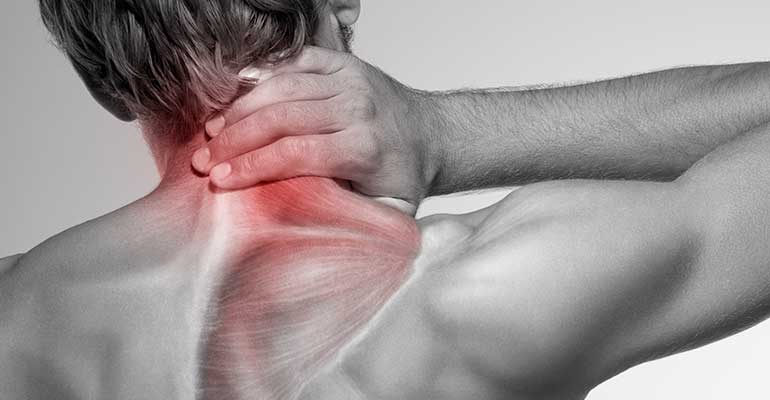Are You Ignoring Your Back Pain?
It’s possible that you are subconsciously pushing away the thought that you may need to have your back checked. It’s perfectly understandable, since occasional back pain happens all the time. Stress-induced symptoms are also more common, so people keep on thinking that they are either out of shape, tired or stressed out, and that’s why they have back pains. Some even think it’s just because they slouch and have bad posture.

But if that’s the case, why should you have your back checked? Well, the answer is simple: because it might be more than what you think.
Mechanical issues associated with back pain
Your back is a complex structure of bones, muscles, discs and nerves. And the problem is, just like any machine, it needs maintenance, and it has parts that can wear out. For example, you back pain may be caused by your intervertebral discs wearing out. Normally, these discs are like spongy cushions in between your spinal segments. As you grow older, these discs degenerate and become less able to cushion your spine (and all the nerves in it, ouch!) from the usual impact forces that your body experiences throughout the day. And as if that wasn’t disturbing enough, the spinal joints themselves might be wearing down, causing even more back pain. And when it comes to the muscles, overstretching, awkward movements, improperly-prepared for strain, and plain old-fashioned stress can affect your muscles, and can cause back pain.
The treatment could be as simple as adopting some exercise regimens for your back, or correcting your posture (which can be done naturally with the right exercises, actually), but others may require changes in diet and possibly even taking some supplements or medication. In the case of intervertebral disc concerns, an invasive procedure may have to be performed.
Medical conditions associated with back pain
Aside from mechanical issues, your back may also be affected by medical conditions. One of the most common is scoliosis, or a curvature of the spine. In some cases, proper exercise to strengthen certain muscle groups can be enough for this, but it’s also true that in some cases you need to have a back brace installed, or, in the most extreme ones, surgical intervention may be necessary.
Another common culprit is arthritis, in the various forms that can affect the spine. Spinal stenosis is a very common condition generally affecting those over the age of 50 years old and limiting your ability to stand and walk even short durations.
Osteoporosis can also be a major factor, as it can lead to spinal fractures due to the bones becoming brittle due to loss of mass and structural integrity. A change in diet, medications and some special exercises are again a possibility in terms of treatment, although more severe cases may again require invasive interventions.
Injury-related back pain
It could be that you sustained a serious injury that you didn’t realize was that bad, or just shrugged it off when the first wave of pain passed. This can include strains, sprains, or even herniated discs.
As you can see, there are many reasons for you to have back pain. The moment that your back pain seems unnaturally intense, or is becoming chronic, no matter how minor, you should have it looked at by a medical professional.

